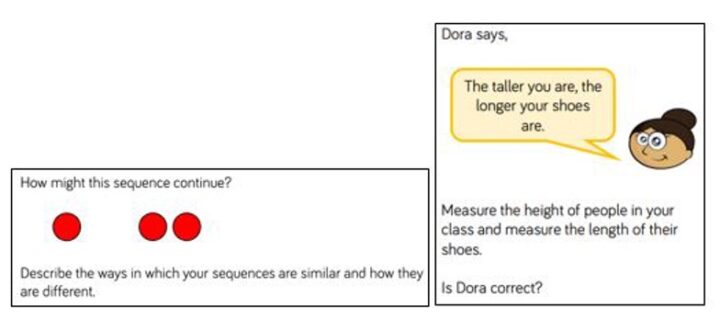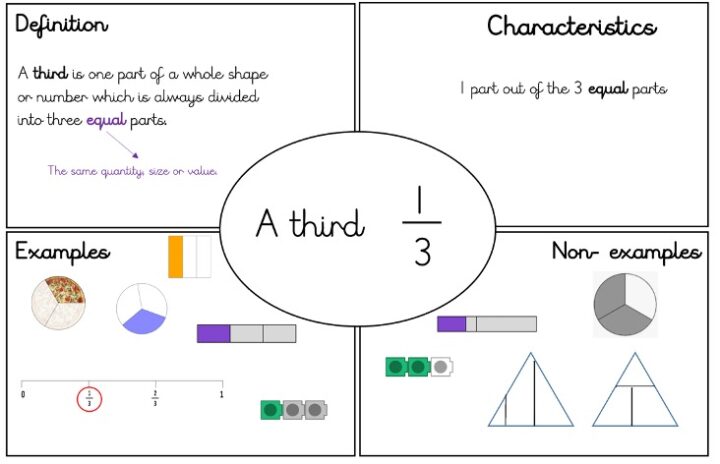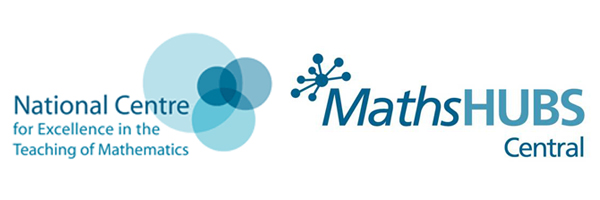Maths
Through a knowledge-engaged curriculum, children will develop a love of maths, inspiring them to be confident, fluent mathematicians.
At Slade, we ensure that children have opportunities to immerse themselves in
Maths, ensuring they gain lifelong skills in the subject. We believe that all children have the potential to be Mathematicians; meaning they are able to make connections between concepts, are fluent in number facts, can reason and problem solve.
We use the White Rose Maths curriculum from Reception to Year 6 and have aligned our Nursery curriculum to White Rose principles and Development Matters. This curriculum is an ambitious, connected curriculum which is accessible for all pupils. The fundamentals of the curriculum is to support pupils to learn simple concepts before moving onto more complex. In order to ensure progression, the National Curriculum has been broken into “blocks” of Mathematics. These blocks have then been broken down into small steps to support learning. Over time, step by step, children develop a deep understanding of the Maths and are therefore able to make connections between new and previous concepts,
ensuring children are able to truly master the Mathematical concept.
We work closely with the Central Maths Hub and The NCETM (National Centre for Excellence in Mathematics)to provide high quality training and support for many other schools.
We pride ourselves on the mastery approach to learning. By ensuring children gain a deep, long-term and secure understanding of mathematical concepts, with depth being at the forefront of everything that we aim to achieve. Our small steps of learning help our children to achieve mastery, at their own level, regardless of their previous academic ability. It allows pupils to reason and make connections in order to deepen conceptual understanding. This is underpinned by using the principles from NCETM’s Five Big ideas.

Our curriculum ensures children have the opportunity to become:
Visualisers – the use of the CPA (Concrete, pictorial and abstract) approach to help pupils understand Mathematics and to make connections between different representations.

Describers – great emphasis is put on mathematical language and questioning so pupils can discuss the maths they are completing. Ensuring connections are made and depth of knowledge is explored.

Experimenters – as well as being fluent mathematicians, we aim to ensure pupils love learning about mathematics and are resilient when digging deeper with mathematical concepts.

Mathematical Language
The National Centre for Excellence in the Teaching of Mathematics) NCETM say, “The quality of children’s mathematical reasoning and conceptual understanding is significantly enhanced if they are consistently expected to use correct mathematical terminology (E.g. saying ‘digit’ rather than ‘number’) and to explain their mathematical thinking in complete sentences.
At Slade, spoken language and use of key mathematical vocabulary is prioritised throughout a unit. Children are introduced to new vocabulary which enables them to make links not only with different mathematical concepts but also real-life situations. Oracy forms a key element of our Maths lessons, giving children the chance to use spoken language to articulate their mathematical understanding. Which in turn supports children to evaluate their learning, supports their peers, challenges thinking and justify their own answers.
The use of ‘concept explorers’ (Frayer models) support children’s learning and understanding of key concepts. Children are able to define, pick out key characteristics and identify what it is and what it isn’t (conceptual variation)

Stem Sentences
At Slade, we use stem sentences to identify the main concept of a lesson, this is used to support the children to understand the main learning points from the lesson. It can be used as a scaffold for some struggling learners and allow our rapid graspers to excel. These are rehearsed throughout the lesson and recorded in their journals, so that they can refer back to it. It ensures that children are also using precise vocabulary from the beginning of the lesson. By repeating this sentence, it helps to embed key conceptual knowledge.
This technique enables the teacher to provide a sentence stem for children to communicate their ideas with mathematical precision and clarity. These sentence structures often express key conceptual ideas or generalities and provide a framework to embed conceptual knowledge and build understanding.

Fluency
Fluency is key to being an efficient mathematician, therefore at Slade we put an emphasis on children retaining and understanding the right knowledge at the right time.
Apps such as TT rock stars and 1 minute maths are used to support fluency, as well as 99 club.
NCETM Mastering Number

From Reception to Year 2, NCETM Mastering Number programme is delivered daily to all children. This scheme develops children’s understanding of number, builds firm mathematical foundations, fluency and appropriate use of manipulatives to supplement our White Rose Curriculum.
Year Group Maths Overviews
Calculation Policy – Multiplication and Division
Calculation Policy – Addition and Subtraction

